As a long-time DJ who is just putting my first steps into my production journey, I came in with completely fresh ears and little knowledge on the topic of releasing music. David Lapushner’s recent session on Open Door Sessions Mastermind really helped shed some light into this topic with his invaluable knowledge and experience in working with prestigious record labels. David has been working as a part of the distributions and rights management team at Anjunabeats and its partner labels for many years now. He also works independently under his artist name 1lapush. What I found fascinating during this session was that even though he is involved in such a large record label, he also truly believes in the power of self-releasing.
David’s role in Anjunabeats as distributions is to take tracks that are already processed, signed, planned, and prepared, then find ways to put the music out into the world. Part of the work involves releasing them onto major platforms like Spotify, Apple, Amazon, and Youtube. Another part involves looking for new platforms that could be rising just like how Twitch and Pelaton received a lot of attention during the pandemic. He also has to ensure that all rights are maintained and to take down anything that would trigger copyright issues. From his experiences, he had a lot to share with us about the advantages of releasing under a record label versus releasing independently.
There are many advantages to releasing your music on a large record label like Anjunabeats, the main being that you would be sending your music into a professional company that has dedicated teams, an infrastructure, and a huge range of connections to give your music proper exposure. A part of a record label’s job is to ensure that your releases are getting placements and into playlists. They also have the resources and the finances to be able to push your music into a larger advertising space.
That being said, there are a few disadvantages to consider when putting out music to a label. For instance, you wouldn’t be able to control the timeline and the scheduling. Sometimes that can mean waiting 6-8 months to have your track released depending on the label, which can interfere because as an artist you often want to follow certain trends that might have already passed by then. It can also become a bit tricky if you’re releasing off of different labels, because there could be clashes with decision-making and release times between labels. As much as I’ve always known that releasing off of labels would be an eventual end-goal in the music career, I never did consider the benefits of being an independent artist until I started attending the Open Door Sessions Mastermind sessions. It was especially fascinating to have David share his thoughts.
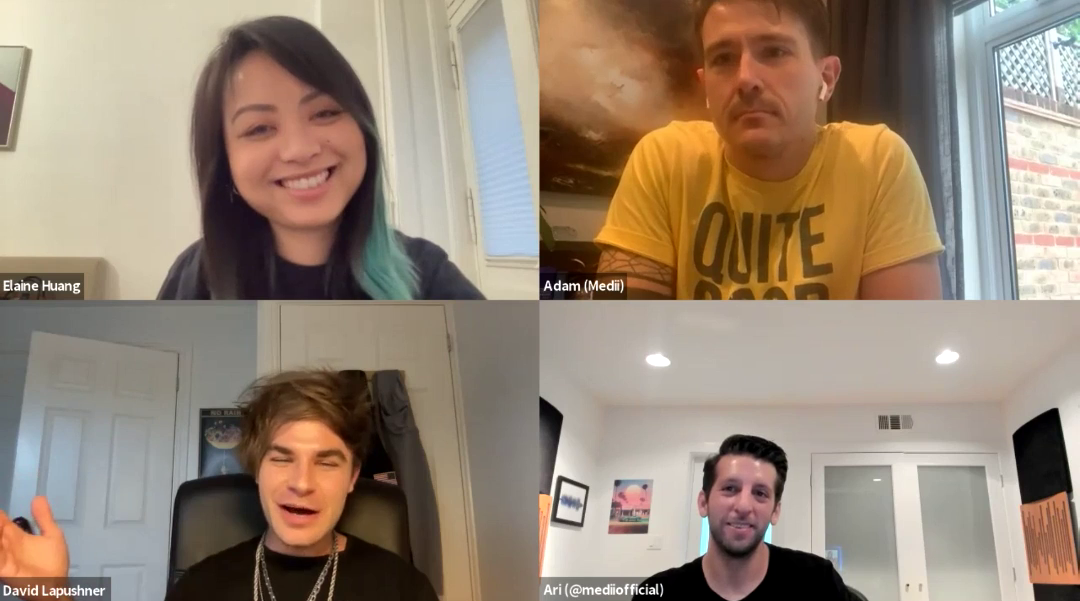
Even though David works at such a prestigious record label, he actually advocates for independence as an artist for many reasons. For instance, you would have much more freedom and flexibility with your timeline and there would be no clashes between labels. You also have more artistic freedom to put out music that fully represents you instead of another label’s sound. And if you aren’t sure which label would resemble you best, you might be prone to label-hopping which can be seen as having a lack of sense in direction. So if you’re in this position, being independent also gives you another opportunity to grow your brand while still allowing yourself to have space for more self-discovery as an artist until you do feel ready to be a part of a label.
So how do we go about releasing music independently? What does it entail? As an independent artist, you do have to pick up a lot more work than if you released from a label. You would be the one in charge of planning your own release strategy, a timeline, and strategically figuring out how often you aim to release music. There is a danger to releasing too much too fast because you would be pressured to maintain the momentum. Bear in mind that if you’re hoping to be more ambitious, that you would still be facing the regular obstacles of being a producer, like having writer’s block or life events that can stall your momentum. On the other hand, there is also a danger of releasing too infrequently.
Being independent also means you would have to put the work into personally reaching out and pitching to different platforms and curators. Some great resources to look into are: Distrokid, Songtradr, Ditto, and AWAL. It’s also essential to establish an ISRC, International Standing Recording Code, for each track that you release. This keeps track of the stream count and directs where the royalties are going, otherwise you won’t be getting proper credit and payment for your music! Being independent may involve a little bit more work, but with plenty of research, a strong plan, a timeline, a thorough release strategy, and consistency and repetition, it can definitely help lead a successful path for your musical career.
Open Door Sessions is a branch of Neon Owl that focuses on bringing the music community together to CONNECT, CREATE, and ELEVATE. We host in person and virtual music industry networking events, education talks, demo listening parties and showcases. If you are curious about attending one of our future Open Door Sessions events, you can sign up for our e-mail list or check here for the next upcoming event. If you would like to learn more about our intimate Mastermind program to meet with like-minded individuals and industry experts every week, e-mail info@opendoorsesssions.co for more info or to get on the waitlist!


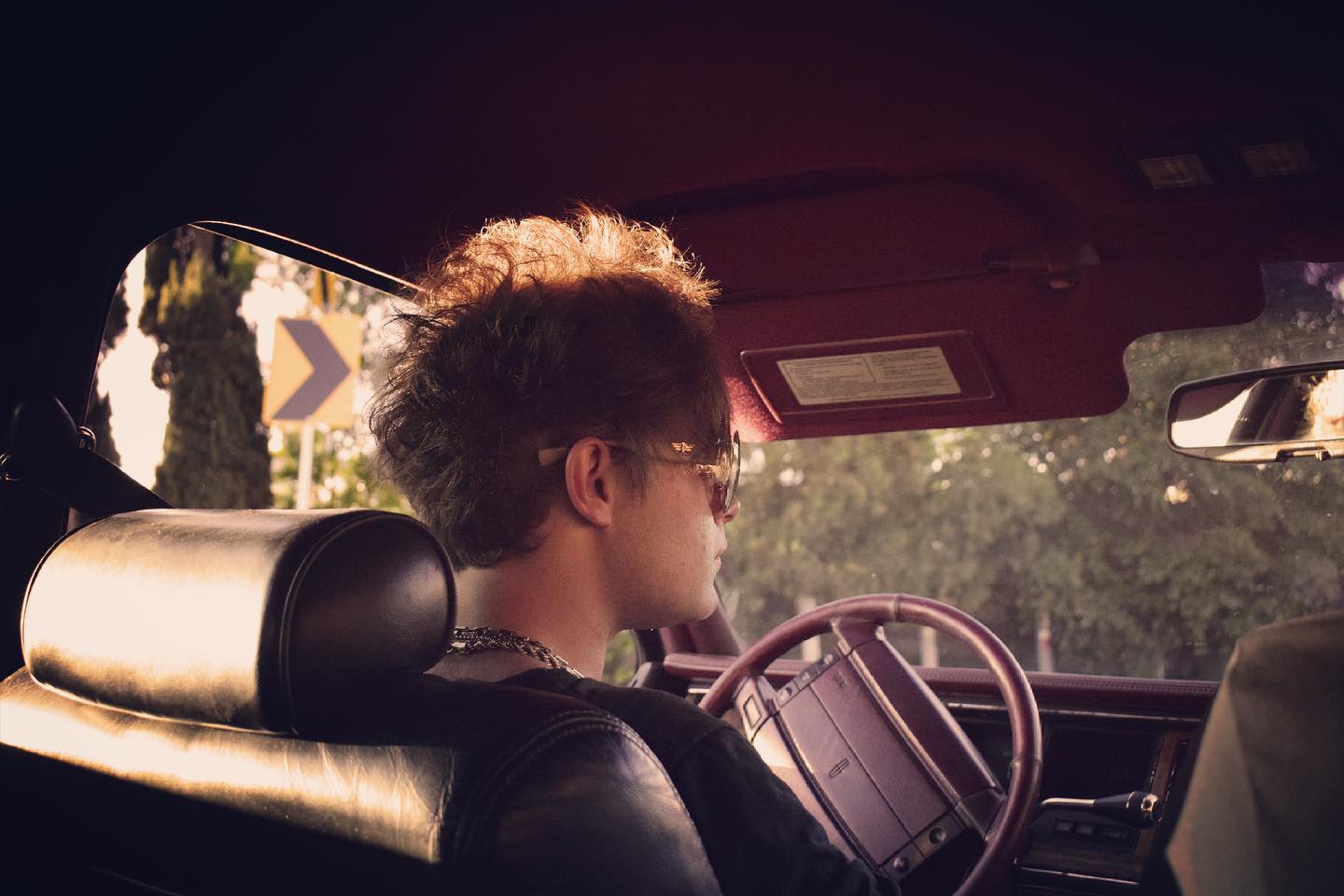
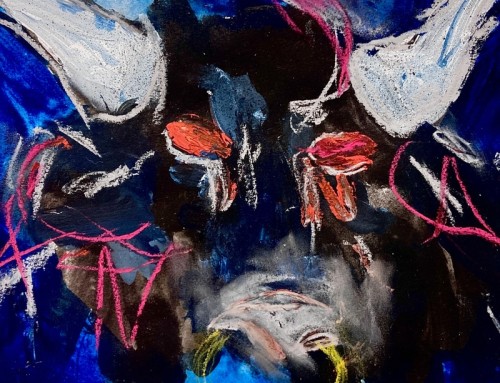
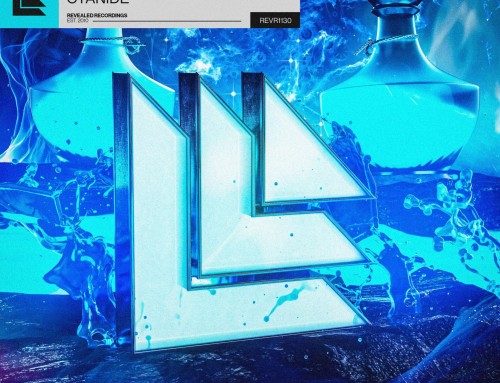


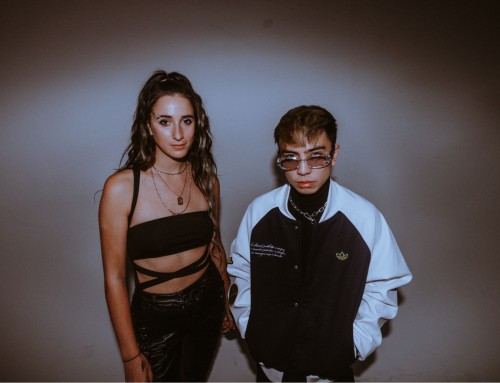


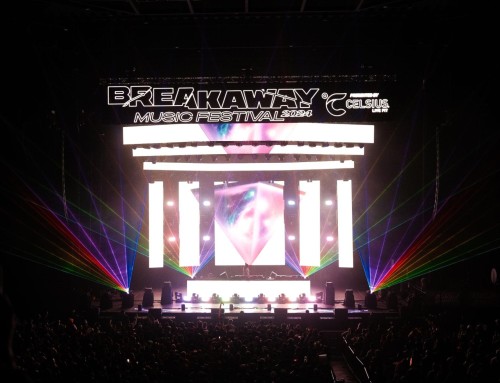
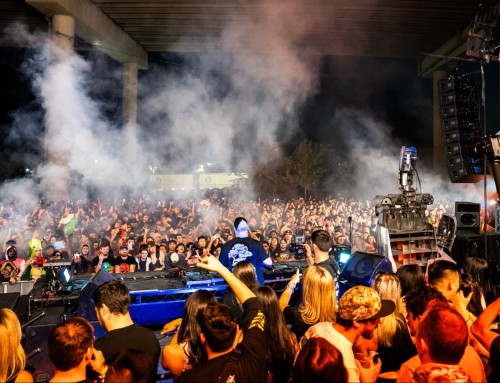



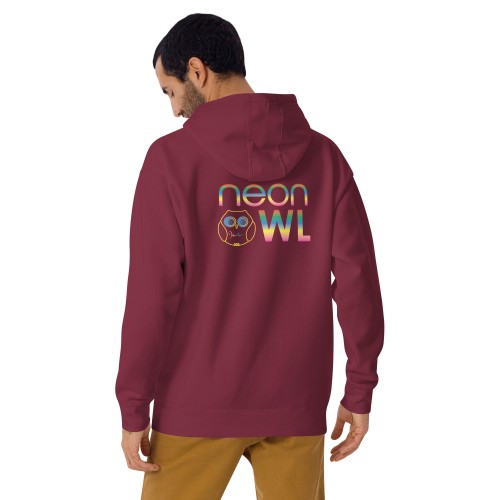
![Neon Owl Dad Hat [Circle Owl] (more colors available)](https://neonowl.co/wp-content/uploads/2022/10/classic-dad-hat-black-left-front-633f2789cb3fe-500x500.jpg)
![Neon Owl x Groove Cruise Long Sleeve 2-Sided Print [Circle Owl]](https://neonowl.co/wp-content/uploads/2022/10/mens-fitted-long-sleeve-shirt-black-front-633f26d4c2693-500x500.jpg)
![Neon Owl x Groove Cruise Unisex T-shirt 2-Sided Print [Circle Owl] (Black)](https://neonowl.co/wp-content/uploads/2022/10/mens-fitted-t-shirt-black-left-front-633f266c23b5b-500x500.jpg)
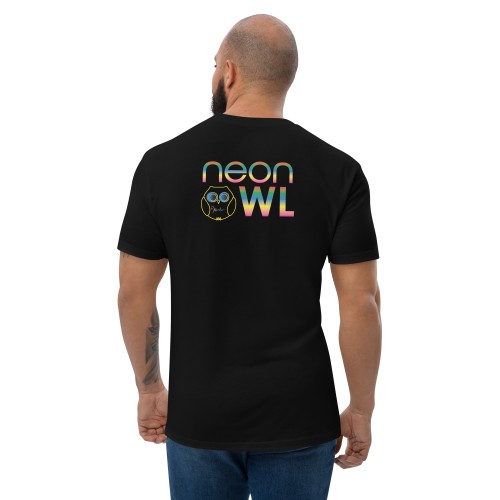
Leave A Comment
You must be logged in to post a comment.